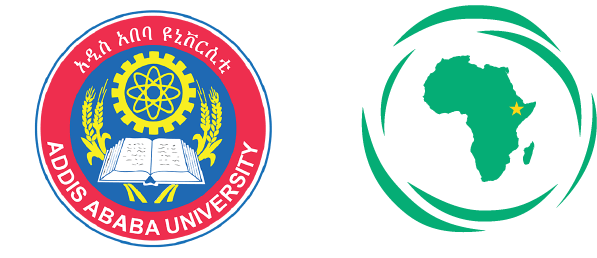COVID-19 will surely pass. We don’t know what carnage it will leave behind when it passes. The impact it has in high income countries
like the USA, UK and Italy may make people in Africa fear the worst. However, the worst should not overtake Africa. Developing countries like Vietnam so far have managed to control the incidence and impact of the pandemic through joint action of people and government. South Africa, until yesterday had very low mortality, (5/1462==0.34%). The pandemic in Africa does not need to have the same impact it had in developed countries if we can do the right things. If we don’t, the consequences could be incalculable. So far, as I can ascertain, countries in Africa, including Ethiopia are doing the right things.
While continuing to do the right things today, it is critical to leave space to think and plan for tomorrow. My question is, what do we need to think when we think about tomorrow? What does Africa as a continent need to think? What do the people of Africa need to think? What does Ethiopia and its people need to think? Many pandemics have come and gone—even in just a decade--Ebola, SARS, H1N1, Zika, only to name a few. What has Africa learnt from these? Survive the epidemic! And wait for the next round of terror defenceless. That is at least how it looks like.
There was some hope that the Ebola disease outbreak would challenge the health systems of Africa to change in a fundamental way. It has not. When the world scrambled to stock pile the H1N1 vaccine, Africa was not even on the table. Africa CDC is an important milestone. But that is just like ‘a drop in the ocean’.
Africa has not viewed the perpetual poor access to essential health commodities as an existential threat—at least there is no evidence that it has. There have been initiatives and declarations that have not benefited the people of Africa. During the current COVID-19 outbreak, diagnostic test was available in only two countries in Africa. Even now, many countries can only run few hundred tests a day. All key reagents have to be imported. I have been trying to negotiate with several external entities about technology transfer for developing key diagnostic reagents. This has not proven an easy task. To depend on import and aid for basic testing at a time of a pandemic that is threatening whole nations cannot be acceptable at all!
Africa has to be self-sufficient on its people and resources to produce its essential health commodities, including the intellectual knowhow and depth of infrastructure to be able to respond to any pandemic.
As explained eloquently by Mr Gates, global pandemic is the biggest threat for the world, but can be an existential threat for Africa.
Why do I think pandemics will continue to be the biggest existential threats for Africa?
- The health systems of Africa are extremely fragile and break with the simplest of stresses. A pandemic would be an extreme stress.
- Climate change will affect Africa the most. With this, the risk of pandemic that can engulf the whole continent in a “less merciful way” increases.
- Brutal dictators are more likely to flourish in chaos. A deadly mix of dictatorship, poor working and living environment and a constant threat from pandemic inhibits discovery and innovation. Africa is yet to learn how to build, retain and nurture its intellectual base.
When I say intellectual here, I am talking about those who work hard with a vision of understanding basic phenomenon and the world better and, through that, work hard to change the world they have come to understand. This does not require a degree, a certificate or any particular recognition. Of course, those with advanced training and knowledge are critical but a much broader innovation base is needed. Albert Einstein was an office worker who dared to follow his childhood vision and intellectual curiosity before he was recognised as a world-renowned physicist.
The lessons I hope Africa learns and changes radically from the COVID-19 outbreak are:
- That Africa will never achieve real security and prosperity without achieving security in health commodities.
- That, while addressing the current pandemic, Africa should invest immediately on its infrastructure on medical discovery science to transform this tragedy into real opportunity for its growth and security.
Although we had seen some investment in broader industry, transportation, and education, Africa has neglected investment in medical discovery sciences. This neglect is partly because Africa believed the medical discovery science is beyond its reach. But, this investment is critical for Africa’s growth and transformation and for addressing any future pandemic.
I hope that when the next pandemic comes, as it surely will, Africa will be able to say, “ready!”

